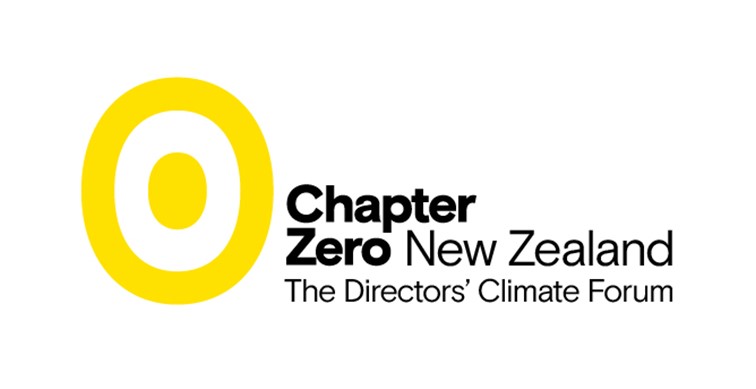Host:
Chapter Zero New Zealand
Panellists:
- Guy Beatson, New Zealand Institute of Directors/Chapter Zero
- Michele Embling, chair, External Reporting Board (XRB) New Zealand
- Fiona Mackenzie, director of Sanford fisheries
In 2023, around 200 New Zealand entities will be required to produce mandatory climate-related disclosures designed to help New Zealand meet its international obligations and achieve its target of net zero carbon by 2050.
The disclosures will be against a standard designed and issued by the External Reporting Board (XRB), an independent Crown entity, in line with the recommendations of the Task Force on Climate-related Financial Disclosures (TCFD).
The first standards are expected to be issued by the XRB in December 2022. The objective of the standards will be to help move New Zealand towards a low-emissions economy.
Disclosures will enable stakeholders to compare the activities of similar organisations and provide more transparency on climate risks, climate opportunities and climate actions. They may serve as a ‘how-to’ for boards that are unsure how to integrate climate considerations into their business strategy.
Success in the sustainability reporting apace will require boards to apply a long-term lens to their organisations.
The first climate-related disclosures will be due in 2024, but some companies are already implementing new disclosures.
Future reporting developments in New Zealand are likely to be influenced by the long-term (up to 100-year plans) of some indigenous Maori corporations. These incorporate a range on non-financial measures alongside earnings data.
Future developments in the assurance space are likely as climate-related disclosures become a regular part of company reports.
Ambition to Action: Key actions for boards
Boards need to have climate change capability and capacity, knowledge of the issues and sufficient time and information to make good decisions.
Processes and controls around climate reporting are likely to be less established than with other key reporting areas. It may take extra board work to ensure reporting is not only compliant, but also relevant and accurate.
Effective climate reporting will be easier if sustainability reporting is integrated into an organisation’s broader strategy.
This summary was provided by the session hosts.
